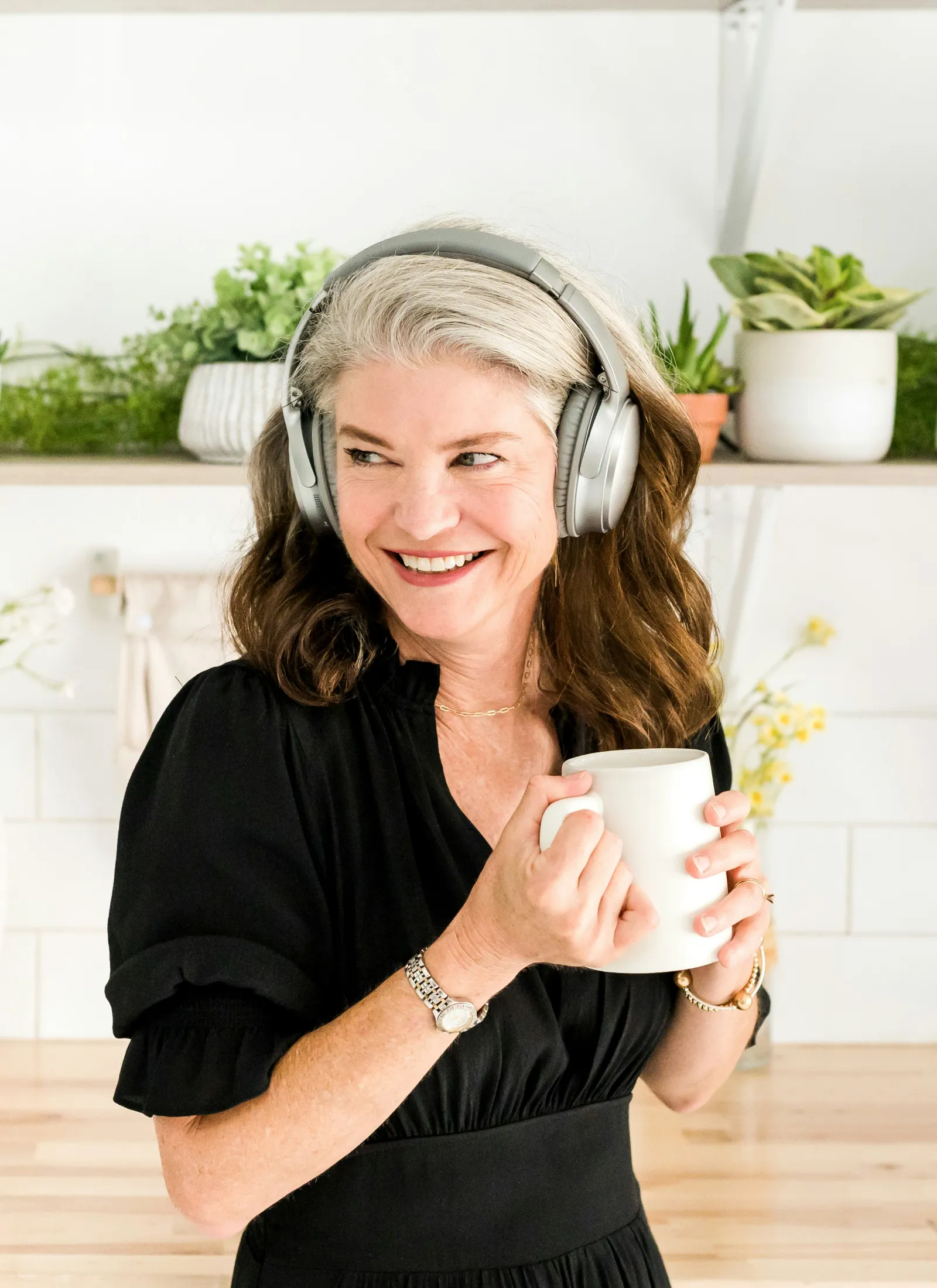
Why Audio Courses Beat Video for Recovery
I discovered something unexpected while listening to a recovery podcast on the bus into the city the other day.
The voice in my earphones felt like a personal coach speaking directly to me. More intimate than any video I'd watched. More accessible than any meeting I'd attended.
That moment revealed something most recovery programs miss entirely.
Privacy Creates Safety
Traditional recovery education requires you to find a private space, sit still, and focus on a screen. This anchors you to one spot when movement might feel more natural.
Audio eliminates the fear of others seeing what you're doing.
Research confirms that stigma barriers prevent people from seeking help or engaging with treatment. The shame factor is real and substantial.
When I listened on the bus, nobody knew I was accessing recovery content. That privacy felt liberating.
Voice Creates Connection
Something unique happens when you focus only on someone's voice.
Without visual distractions, your brain processes sound differently. Studies show that voice processing creates deeper emotional connections because you become more attuned to subtle vocal cues.
The voice lives "in your head" in a way video cannot match.
It feels nourishing rather than educational. Personal rather than clinical.
Movement Provides Freedom
Most recovery programs assume you need to sit still and concentrate.
I found the opposite to be true.
Audio lets you be "more you" while still benefiting from the content. You can walk, exercise, or go about daily activities while learning.
This creates a sense of power and momentum. Like freedom.
Movement during recovery learning might actually be therapeutic rather than distracting.
The Research Backs This Up
Mobile recovery interventions show remarkable results. Studies with alcohol-dependent participants found that mobile recovery support reduced heavy drinking days by 46% compared to control groups.
The accessibility factor matters more than we realized.
Audio courses can be accessed during vulnerable moments when video would be impractical. When you feel reflective or anxious, your personal coach voice is immediately available.
Rethinking Recovery Education
Traditional recovery programs focus on creating controlled environments for learning.
Audio does the opposite. It integrates recovery education into real life.
You can listen during morning walks, evening wind-downs, or commutes. The learning happens alongside living rather than separate from it.
This integration might be exactly what recovery needs.
Instead of pulling people out of their lives to learn about recovery, audio brings recovery wisdom into their daily experience.
That bus ride taught me something fundamental about how healing actually happens.
Sometimes the most powerful education occurs when you're free to move.









